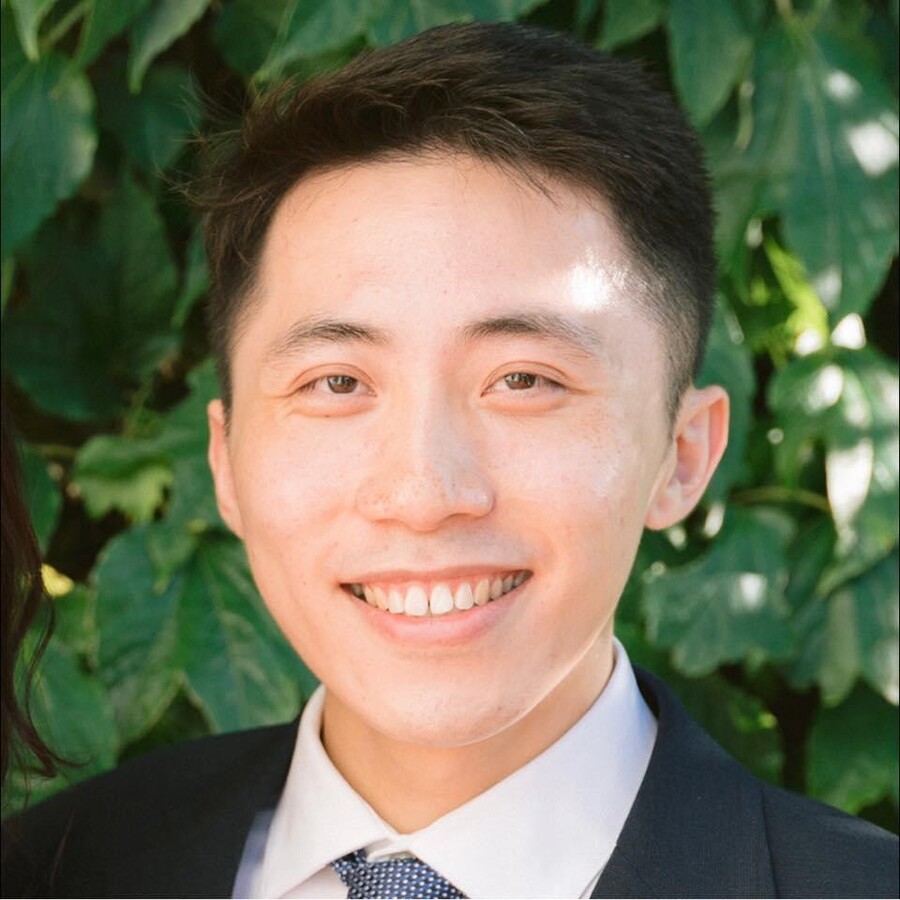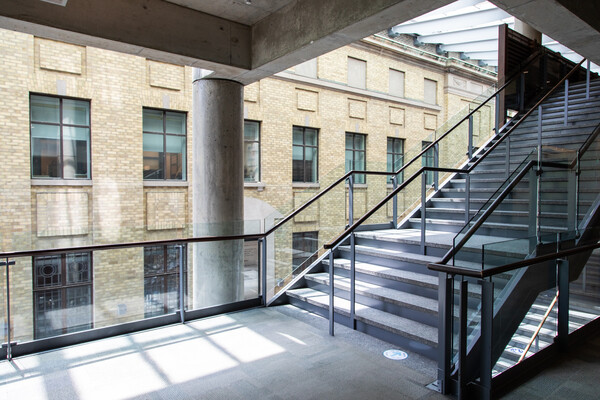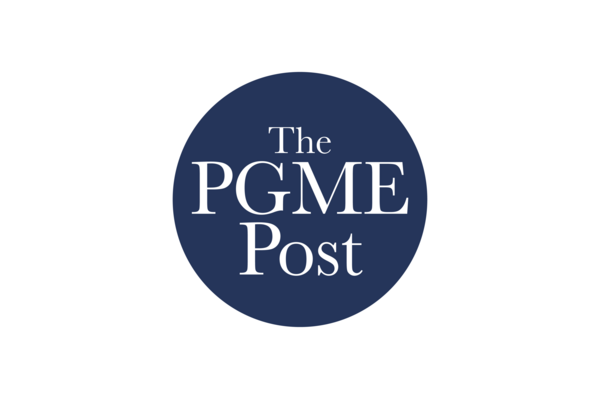A Spotlight on the Postgraduate Leadership Certificate Program

Led by Dr. Anne Matlow, PGME Faculty Lead Leadership, the Postgraduate Leadership Certificate Program (PGLC) provides enhanced training for select postgraduate learners in order to deepen their knowledge and practice of medical leadership. Dr. Tony Fang, a PGY-2 Internal Medicine resident at the University of Toronto and recent graduate of the PGLC shared his experience with the program with us.
What interested you about the PG Leadership Certificate program?
What interested me most about the PG Leadership Certificate program was my desire to practice being a leader with intention. There are many moments that sparked this motivation. I can remember when I had the opportunity to lead the team on the Clinical Teaching Unit (CTU) as I was transitioning to become a senior, I thought to myself, what type of leader am I?
How did the program curriculum align with your expectations?
The program curriculum aligned closely with my expectations. I wanted to be able to learn from multiple successful healthcare leaders and then to apply the wisdom from their experiences to my own leadership development. The program broadened my perspective of leadership across multiple avenues of healthcare leadership, with the underlying theme of the LEADS framework to guide our learning. We learned from a variety of excellent healthcare leaders including Dr. Anne Matlow, Dr. Lisa Bahrey, Dr. Frederico Carpani, Dr. Marty Koyle, Dr. McKyla Mcintyre and many more. The success and failures shared by these many leaders gave me insight on how I wanted to develop my leadership style, and how I could engage my strengths as a leader to contribute to local or system level improvement in the delivery of health care and medical education.
Did you have a favourite part of your experience in the program?
My favorite part of my experience in the program is the connections I made with the people in the PGLC program. I can remember the first day of the program when everyone was introducing themselves including their training background or past lives and I thought I was at the WHO! The sheer variety of medical expertise and diversity in the group made it feel very special to be a part of the program. In fact, my senior, a Critical Care fellow, was in the program and I had the opportunity to learn from him not only as a clinical fellow, but as a healthcare leader.
What skills did you build by completing the program?
I gained several skills by completing the program and the one I am most proud of is the preliminary ability to develop a curriculum. I was humbled throughout my time in the program to learn about curricular development. I wanted to jump straight to the end product and have a curriculum arranged swiftly. However, I found myself skipping multiple steps in this process and learned the many hurdles required to formulate a curriculum including a needs assessment, survey of the literature, identification of modalities suitable to deliver the curriculum, arrangement of the logistics of the curriculum, execution, reflection and improvement to further iterations. It was not as easy as simply just building a curriculum. It takes time and skill to develop a curriculum and it’s an ongoing process for me still.
How are you applying what you learned to your current role/training?
As part of the program, we are given an opportunity to apply our learnings in the form of an Action Learning Project. For me, this was about developing a workshop to teach residents to teach. I have always enjoyed working with expert clinician teachers, or seniors that have provided me with thoughtful learning experiences. I wanted to continue to promote teaching in my program and to equip residents with the tools they need to successfully do so. As a result, I had the chance to develop a focused workshop on teaching residents to teach for my colleagues. To me, this was a successful contribution to the local and system levels of healthcare that will ultimately elevate knowledge shared among the department and result in further excellent patient care.
How do you see the Leadership Certificate contributing to your future success?
The Leadership Certificate allowed me to define my own style of leadership and create a vision for myself. It helped me to hone in what I am most passionate about in healthcare leadership and to continue to practice in ways that will help me to grow towards that goal. This will surely contribute to my future success and I have a more clear concept on how I will achieve my type my leadership.
Do you have any advice you would like to share with others who may be interested in the program?
Do it! If you are interested in healthcare leadership and learning through others, this is a unique and memorable opportunity. You will be amazed by what you can learn.
News


